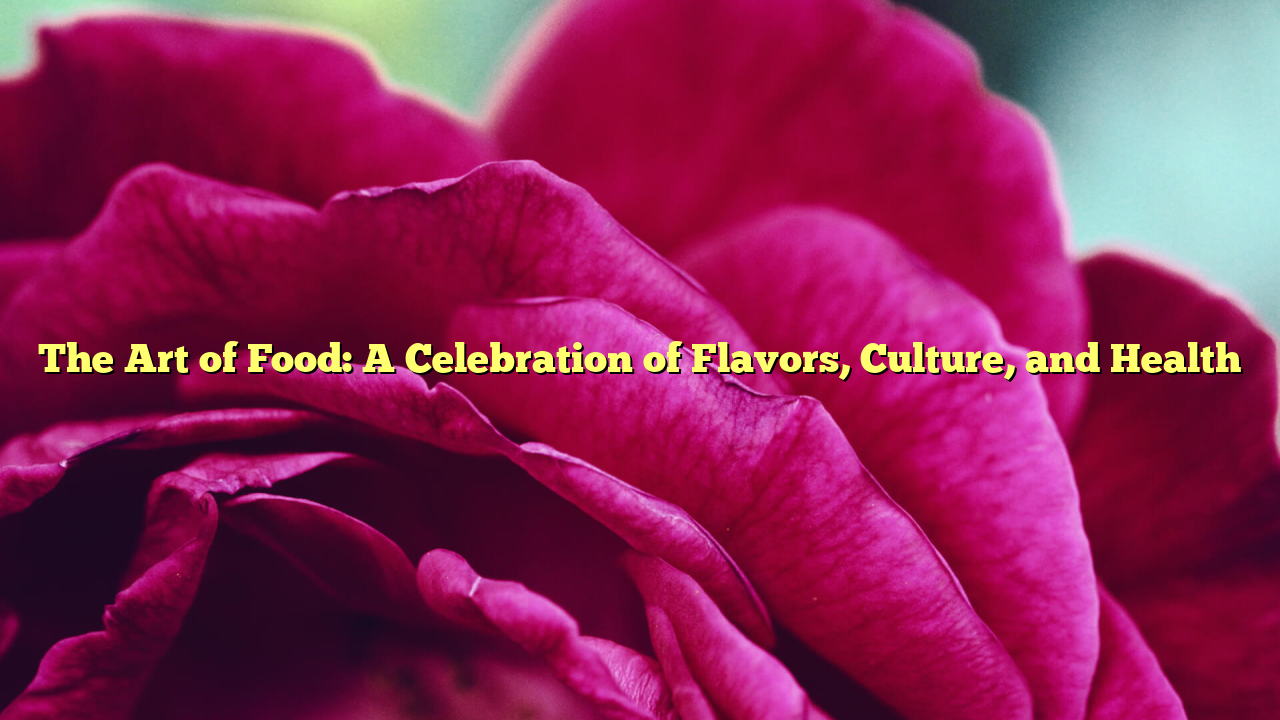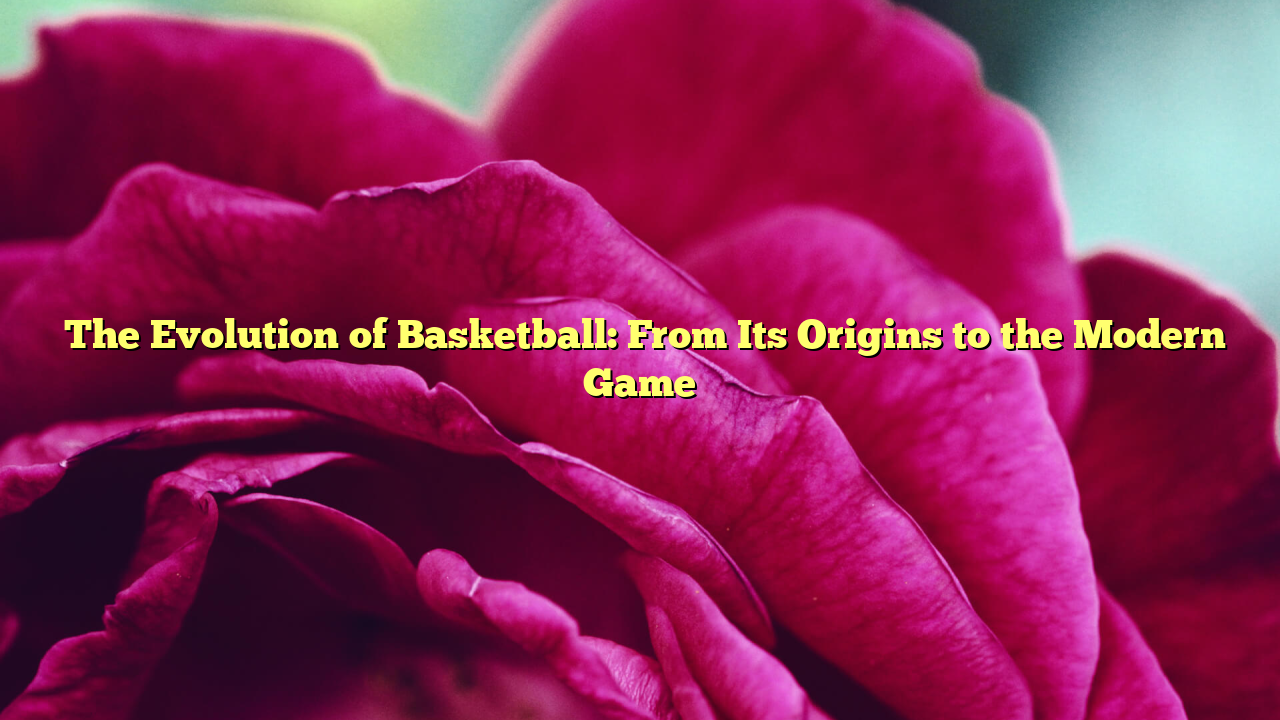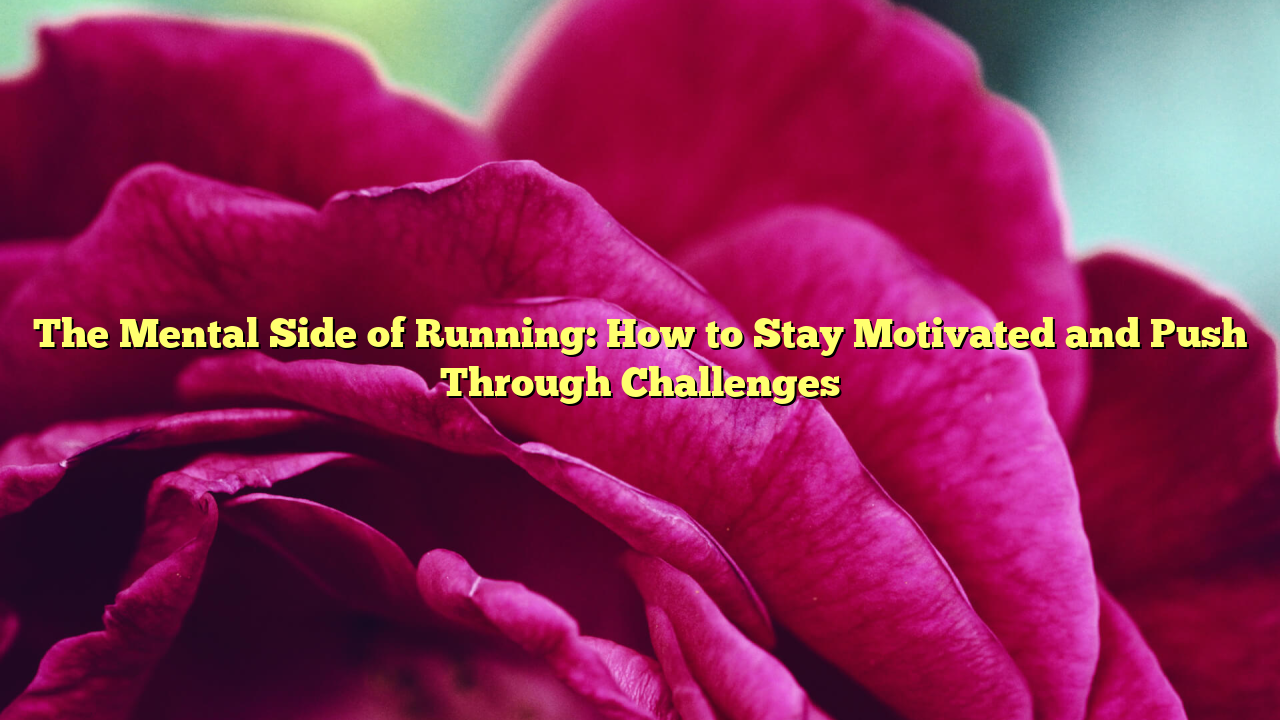Food is far more than mere sustenance. It is an integral part of every culture, a key element
in connecting people, and a source of immense pleasure. For centuries, the act of preparing,
sharing, and enjoying food has shaped civilizations and influenced personal identities. From
humble meals to elaborate feasts, food plays a vital role in our lives. In this article, we
explore the significance of food, its relationship to culture and health, and how the
appreciation of it can lead to a richer, more fulfilling life.
Food as a Cultural Expression
Each region and nation across the world has its own unique culinary traditions, which are
often passed down through generations. These food practices are not only about taste but
are a way of telling stories, preserving history, and connecting with the past. For instance,
the Mediterranean diet is known for its focus on fresh vegetables, olive oil, and seafood,
reflecting the region’s access to the sea and the importance of agricultural practices.
Similarly, traditional Indian cuisine is rich in spices and herbs, which not only add flavor but
are also believed to have healing properties.
Food can express the essence of a culture. Whether it’s a bowl of Japanese ramen, a plate
of Italian pasta, or a Mexican taco, each dish tells a story about the people who created it.
Ingredients, preparation methods, and the communal act of eating all have cultural
significance. The shared experience of dining brings people together, forging bonds and
creating an atmosphere of inclusivity and hospitality.
In some cultures, food holds spiritual importance as well. In Hinduism, for example, food
offerings are made to deities, symbolizing gratitude and reverence. In Judaism, the
preparation and sharing of food during religious festivals, such as Passover or Rosh
Hashanah, are vital components of spiritual life. This intertwining of food and culture adds a
layer of significance that goes beyond the act of eating to encompass tradition, identity, and
belief.
The Health Benefits of Food
In addition to being a cultural cornerstone, food is also critical for maintaining health and
well-being. A balanced diet provides the body with the necessary nutrients to function
optimally. There is a growing body of evidence suggesting that food choices can influence
everything from heart health to mental clarity and longevity.
Fruits, vegetables, whole grains, lean proteins, and healthy fats form the basis of a nutritious
diet. These foods are rich in vitamins, minerals, and antioxidants, which help protect the
body against chronic diseases, such as heart disease, diabetes, and cancer. Eating a variety
of colorful fruits and vegetables ensures that we are consuming a wide range of nutrients
that contribute to overall health.
In recent years, the connection between food and mental health has garnered significant
attention. Research suggests that certain foods can affect brain function and mood.
Omega-3 fatty acids found in fish like salmon and sardines, for example, have been linked to
improved cognitive function and a reduction in symptoms of depression. Similarly, foods high
in fiber, such as beans and whole grains, can promote gut health, which has been shown to
influence mood and mental clarity.
Moreover, food can be used therapeutically. In many cultures, specific foods are believed to
have healing properties. For instance, ginger is often used to treat nausea and inflammation,
while turmeric is lauded for its anti-inflammatory and antioxidant effects. The medicinal use
of food is an ancient practice that continues to be relevant today, as many people turn to
herbal remedies and natural foods to manage their health.
However, modern eating habits have become increasingly complicated, with the rise of
processed foods and the prevalence of fast food culture. Many foods today are high in sugar,
salt, and unhealthy fats, which can contribute to obesity, heart disease, and other health
issues. Thus, it is essential to approach food with mindfulness, choosing whole, minimally
processed options that nourish the body rather than simply satisfying cravings.
The Pleasures of Cooking and Eating
Cooking is both a science and an art. It involves creativity, technique, and the ability to
balance flavors, textures, and colors. For some, cooking is an act of love, an expression of
care for family and friends. For others, it is a way to explore new ingredients, experiment
with recipes, or connect with a different culture. Regardless of the approach, the act of
preparing food can be incredibly rewarding.
One of the greatest pleasures of cooking is the sensory experience. The aroma of freshly
baked bread, the sizzle of vegetables in a hot pan, or the vibrant colors of a salad are all part
of the joy of making food. The process itself can be meditative, allowing individuals to focus
on the task at hand, slow down, and savor the moment. It offers an opportunity to escape the
distractions of daily life and engage in something that nurtures the body and soul.
Once the food is prepared, the act of eating becomes a shared experience that fosters
connection. Meals are often the center of social gatherings, bringing people together around
the table. The joy of sharing a meal with others can deepen relationships and create lasting
memories. In a world that is increasingly fast-paced, taking the time to enjoy a meal can be a
simple yet profound way to slow down and appreciate life’s small pleasures.
Sustainability and the Future of Food
As the global population continues to grow, the way we produce and consume food will play
a crucial role in ensuring a sustainable future. Climate change, resource depletion, and food
waste are pressing challenges that require innovative solutions. Sustainable food practices,
such as growing food locally, reducing food waste, and choosing plant-based options, can
help mitigate these issues.
The rise of plant-based diets, for example, is not only beneficial for personal health but also
for the environment. The production of plant-based foods generally requires fewer resources
and results in lower carbon emissions than animal-based food production. Additionally,
reducing food waste by purchasing only what is needed, composting organic matter, and
finding creative ways to repurpose leftovers can help reduce the environmental impact of
food production.
As we look to the future, food will continue to evolve. From bengkulutoto -grown meat to vertical
farming, the possibilities are endless. However, regardless of technological advancements,
food will always remain a central aspect of human life—a means of survival, a form of
expression, and a source of joy.
Conclusion
Food is much more than fuel for the body; it is a profound and multifaceted part of our lives.
It connects us to our culture, shapes our health, and brings us closer together as individuals
and communities. Whether we are cooking a simple meal for ourselves, sharing a festive
feast with loved ones, or exploring new culinary traditions, food holds the power to enrich our
lives in countless ways. By appreciating the art and significance of food, we can cultivate a
deeper connection to what we eat, how we prepare it, and how we share it with others.
The Art of Food: A Celebration of Flavors, Culture, and Health



